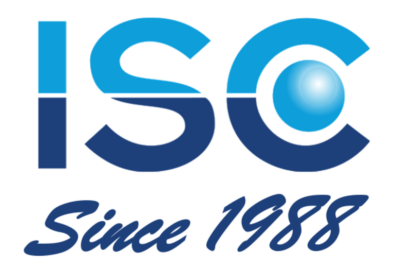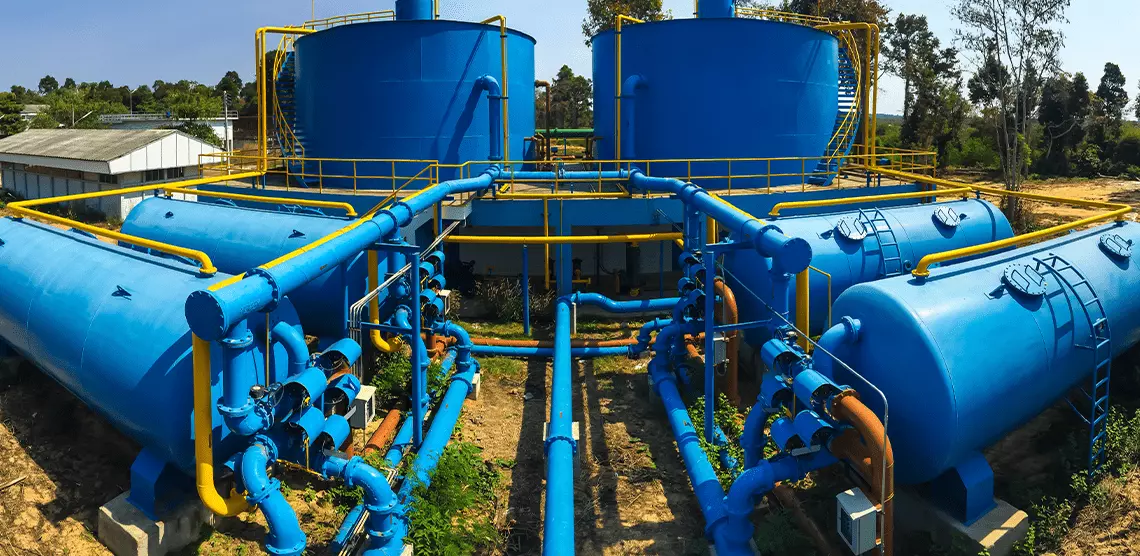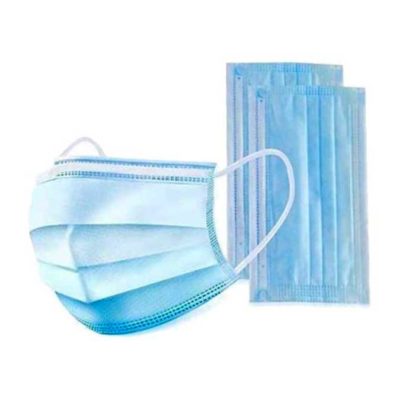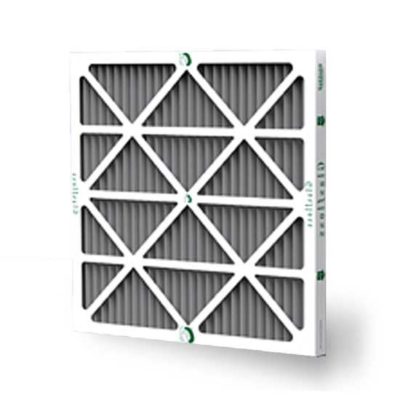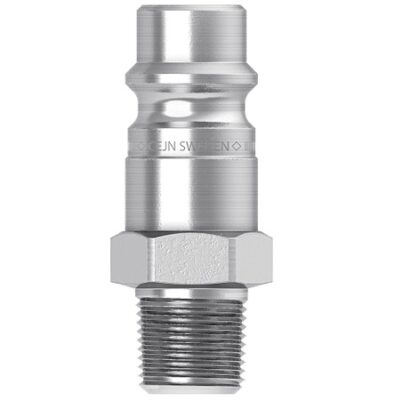Liquid filtration systems are used in a wide range of industrial applications. Choosing the right filtration system allows for the most trouble-free and optimal operation. We have outlined the five most important factors to consider for your liquid filtration needs.
1. Quality Of Filtration
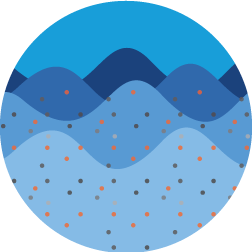
When selecting a filtration system, the first point is to consider the type and size of the filtered material. Fine particle filtration requires a different approach than removing larger particulates from liquids.
- Suspended solids have particulates of one micron or larger.
- Dissolved solids contain particulates that are smaller than one micron.
- Colloidal solutions contain particles between 0.01 and one micron.
Each of these solutions needs a different filter type and approach. For example, a 100-micron filter will not necessarily remove all particulates of 100 microns or larger. Therefore, looking for a filter with an absolute rating rather than a nominal rating is essential to achieve the desired results.
2. What Type of Filter Is Right for a Specific Operation?
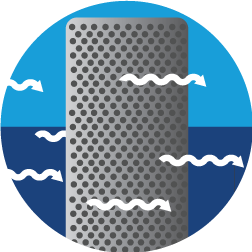
Filtration devices come in many different types, each useful in specific industrial situations.
- A surface filter is designed to catch particles flowing in one direction through the filter. This can offer improved filtration beyond the rating listed on the filter as particulates accumulate on the surface. Regular cleaning and replacement are required for most surface filter installations.
- Depth filter applications present a more convoluted path for fluids passing through them. A depth filter offers a larger holding capacity and presents greater resistance to fluids passing through it. It requires less frequent cleaning than surface filter installations but requires more labor to replace and clean. Companies can also choose from bag, cartridge, or reverse osmosis filtration solutions that offer various benefits for industrial operations.
Bag Filter
A bag filter is primarily used in chemical and coating processes. These filters are usually constructed with felt or fabric mesh and may feature plastic, steel, or drawstring rings designed to fit over openings in pipes. A bag filter requires bag housing for installation.
Cartridge Filter
A cartridge filter uses a cartridge to collect impurities and contaminants. This filter is best suited to cleaning liquids with contaminations under 100 parts per million and may be used as a final filter before the liquid is released for use. These filtration systems are often used in water purification processes.
Reverse Osmosis
Reverse osmosis is used to remove impurities from water by forcing it to travel under pressure through a semi-permeable membrane. This process is primarily used in pharmaceutical and food production processes to ensure the purest water for these applications.
3. What Conditions Will the Filter Or Strainers Face?

The filter or strainer chosen by an industrial company must stand up to the temperatures and conditions present in the process. This alone will often dictate whether a strainer or filter is the best choice for the industrial application in question.
Fabric is one of the least forgiving materials in temperature resistance and strength. Therefore, in most cases, metal strainer installations are considered more practical and effective for high-temperature or very demanding or high-pressure industrial environments.
Pipelines and processing plants are two of the most common environments requiring strainer filtration. Basket strainers are typically available in four material types.
Iron
Iron is the least expensive choice and offers reliable corrosion protection for water filtration. It is one of the least tolerant materials for temperature shifts and extremes.
Carbon steel
Carbon steel is most often used for oil and gas delivery systems. This material can take on the high temperatures and mechanical impacts of the pipeline industry with relative ease.
Stainless steel
Stainless steel is primarily reserved for applications in which no corrosion is permissible. Food production, chemical processing, and pharmaceutical applications are among the most common uses for these types of filtration solutions.
Bronze
Bronze performs well within a limited temperature range. It is usually somewhat more expensive, however, and is not suitable for many industrial applications or pipeline uses.
Thinking about the temperature range and the potential for impacts that basket strainers and other filtration devices will face will help business owners and managers to make the most practical decisions for their industrial applications.
4. How Much Will Filter Cleaning and Replacement Cost?

A self-cleaning filter uses backflushing to remove particulates from the surface of the filter. These self-cleaning liquid filtration solutions can take some labor out of the process for all filter types. Considering the labor needed to get to the filter and clean it effectively is essential to make the best choice for industrial applications.
Disposal costs for used filtration devices and replacement costs should also be considered in the overall operations costs for the filter chosen for industrial use. The cost of replacing a bag filter, for example, is much less than replacing a cartridge filter or a reverse osmosis filter. However, disposing of these devices may also be an expensive process. Investigating disposal expenses will sometimes be the deciding factor in determining whether a particular filter is right for a company’s needs.
Strainer filtration devices are typically used to protect pumps and other mechanical devices from the effects of particulate materials. These filtration solutions do not wear out as quickly as fabric or mesh filter devices. However, they do require frequent cleaning, which might be a determining factor for companies with limited labor to perform these tasks.
5. Is Filtration Continuous Or Performed In Batches?

Depending on the type of filtration required, companies may require a company specializing in filter applications to determine the right solution for batch or continuous processing of liquids. Filtration devices are divided into two categories depending on how they filter fluids:
- Continuous filtration devices are designed to allow for long periods of operation without a stop. This makes them a great choice for companies that run their operations for longer periods without stopping for cleaning or other adjustments.
- Batch filtration processes are designed for smaller-scale operations. These filtration options allow for more frequent cleaning or replacing the filtering devices, which can sometimes lead to increased effectiveness of the cleaning process for water and other liquids.
Liquid Filtration Products
-
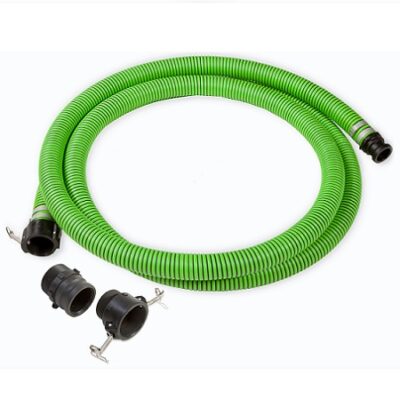 Mi-T-M, 3-Inch Replacement Chemical Pump Seal Kit-70-0551$453.30
Mi-T-M, 3-Inch Replacement Chemical Pump Seal Kit-70-0551$453.30 -
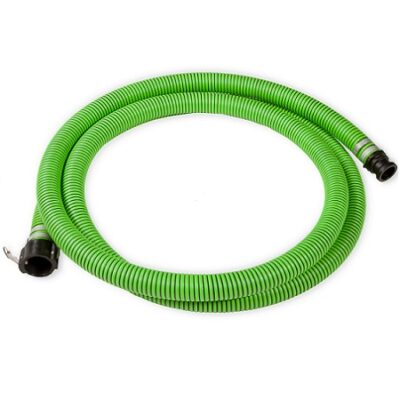 Mi-T-M, PVC Suction Hose 3-Inch-15-0307$927.70
Mi-T-M, PVC Suction Hose 3-Inch-15-0307$927.70 -
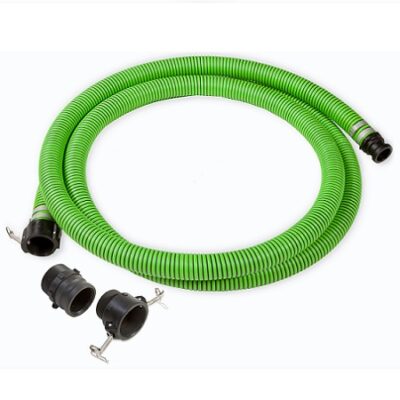 Mi-T-M, 2-Inch Replacement Chemical Pump Seal Kit-70-0550$175.00
Mi-T-M, 2-Inch Replacement Chemical Pump Seal Kit-70-0550$175.00 -
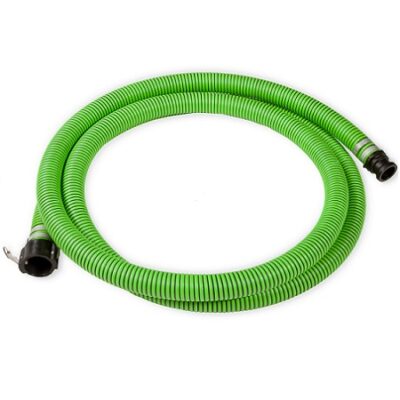 Mi-T-M, PVC Suction Hose 2-Inch-15-0306$447.30
Mi-T-M, PVC Suction Hose 2-Inch-15-0306$447.30 -
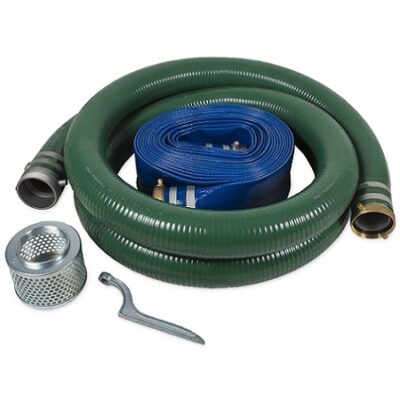 Mi-T-M, Suction & Discharge Kit 4-Inch-70-0661$1,814.70
Mi-T-M, Suction & Discharge Kit 4-Inch-70-0661$1,814.70 -
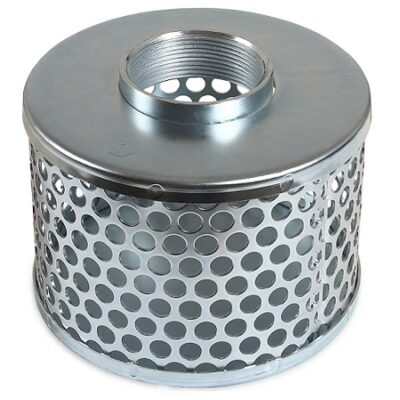 Mi-T-M, Suction Strainer 4-Inch-19-0277$135.90
Mi-T-M, Suction Strainer 4-Inch-19-0277$135.90 -
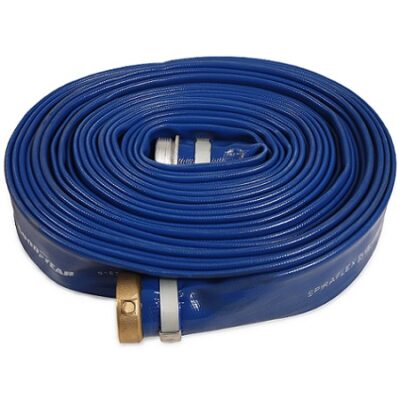 Mi-T-M, Soft Discharge Hose 4-Inch-15-0357$675.20
Mi-T-M, Soft Discharge Hose 4-Inch-15-0357$675.20 -
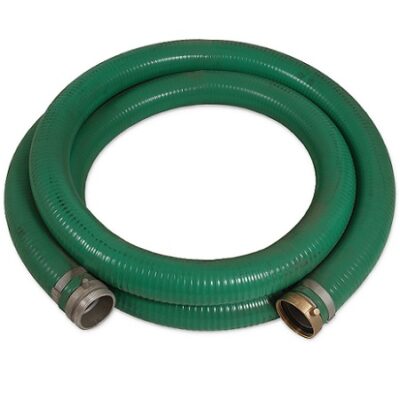 Mi-T-M, Hard Suction Hose w/Fittings 4-Inch-15-0356$874.20
Mi-T-M, Hard Suction Hose w/Fittings 4-Inch-15-0356$874.20 -
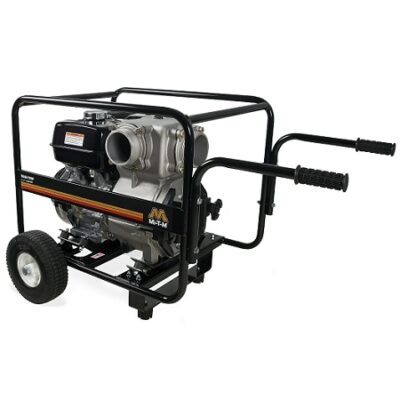 Mi-T-M, Wheel Kit-AW-5740-0017$379.00
Mi-T-M, Wheel Kit-AW-5740-0017$379.00
If you are looking for the most practical assistance with your liquid filtration system, call ISC Sales today at 877.602.0010 to get a free quote. You can also request a quote online, HERE. We offer immediate help during our regular business hours with no voicemail and no extended hold times. At ISC Sales, we are here to serve you.
